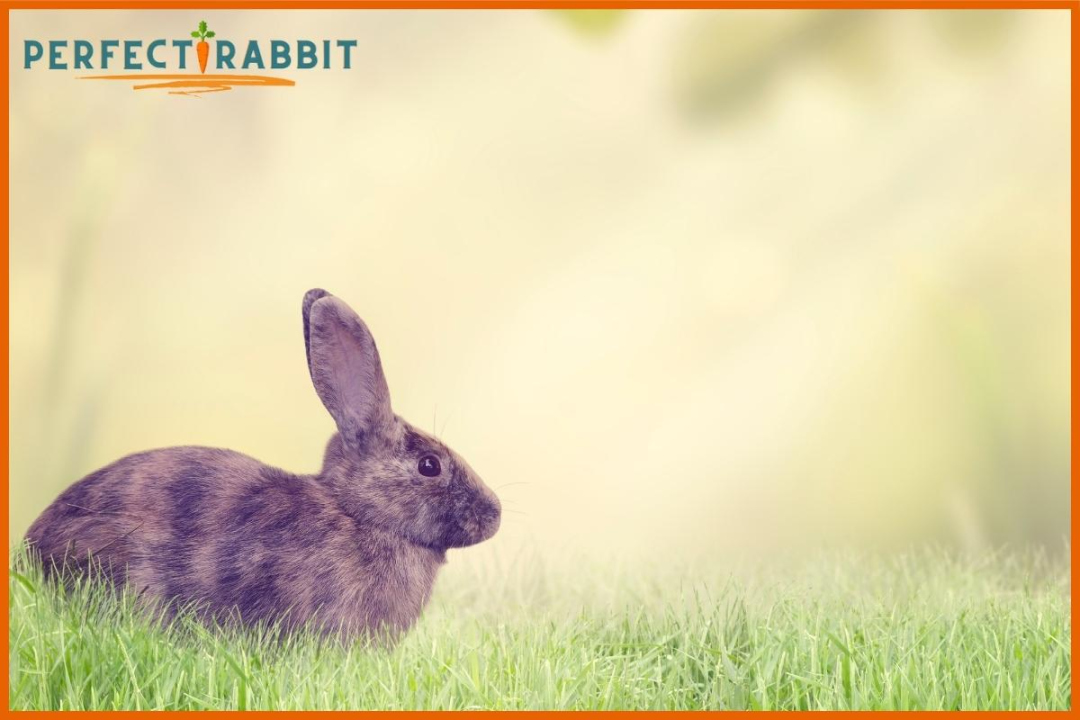Can Rabbits Eat Cow Parsley?
Rabbits are herbivores and their diet primarily consists of various types of grass, hay, and leafy greens. While they enjoy a wide variety of vegetables and herbs, it’s important to ensure that these foods are safe for them to consume. Cow parsley, also known as wild chervil or Queen Anne’s lace, is a common plant found in many regions. However, before offering cow parsley to your rabbit, it’s essential to understand whether it is safe for them to eat.

What is Cow Parsley?
Cow parsley (Anthriscus sylvestris) is a flowering plant that belongs to the carrot family. It can be commonly found in meadows, woodlands, and along hedgerows. The plant has delicate white flowers arranged in an umbel shape, similar to other plants in the carrot family. It grows tall and has feathery leaves.
Is Cow Parsley Safe for Rabbits?
No, cow parsley is not safe for rabbits to eat. While rabbits may consume small amounts of cow parsley if they come across it in their natural environment, it is not recommended to intentionally feed it to them. Cow parsley contains toxic compounds that can be harmful to rabbits when consumed in large quantities.
Why is Cow Parsley Unsafe for Rabbits?
Cow parsley contains a compound called furanocoumarin, which can be toxic to rabbits. If a rabbit ingests a large amount of cow parsley, it can lead to digestive upset, including diarrhea or gastrointestinal blockage. Additionally, some rabbits may be allergic to cow parsley, leading to allergic reactions such as itching, swelling, or respiratory distress.
What Should Rabbits Eat Instead?
Rabbits have specific dietary needs that should be met to ensure their health and well-being. The main components of a rabbit’s diet should include:
- Hay: Hay should make up the majority of a rabbit’s diet. High-quality grass hay, such as timothy hay or meadow hay, provides the necessary fiber for proper digestion and helps wear down their continuously growing teeth.
- Leafy Greens: Rabbits should be offered a variety of leafy greens, such as romaine lettuce, spinach, kale, and cilantro. These provide essential vitamins and minerals.
- Vegetables: Carrots, bell peppers, broccoli, and Brussels sprouts are suitable vegetables for rabbits. These should be introduced gradually to prevent digestive issues.
- Pellets: High-quality rabbit pellets can be offered in moderation, but they should not be the main component of a rabbit’s diet. Pellets should be free from added sugars and contain a high percentage of fiber.
Frequently Asked Questions (FAQs)
1. Can rabbits eat cow parsley flowers?
No, rabbits should not eat cow parsley flowers. The entire plant, including the flowers, contains toxic compounds that can be harmful to rabbits.
2. Can rabbits eat cow parsley in small amounts?
While rabbits may occasionally nibble on cow parsley if they come across it, intentionally offering it to them is not recommended. It’s better to stick to safe and rabbit-friendly foods.
3. How should I introduce new foods to my rabbit’s diet?
When introducing new foods to your rabbit’s diet, it’s important to do so gradually. Start with small amounts and observe your rabbit’s reaction. If there are no digestive issues, you can gradually increase the serving size.
4. What are the signs of a rabbit experiencing digestive upset?
Signs of digestive upset in rabbits may include diarrhea, reduced appetite, bloating, or a change in droppings. If you notice any of these symptoms, it’s important to consult a veterinarian.
It’s crucial to prioritize the health and safety of your pet rabbit when considering their diet. While cow parsley may be an attractive plant, it’s best to avoid feeding it to rabbits due to its potential toxicity. Stick to a balanced diet consisting of hay, leafy greens, and appropriate vegetables to ensure your furry friend stays healthy and happy.
Related Articles…
Copyright Notice:
All images on this website are obtained from the internet and remain copyrighted to their original owners. If you hold copyright to any image and want it taken down, please reach us.